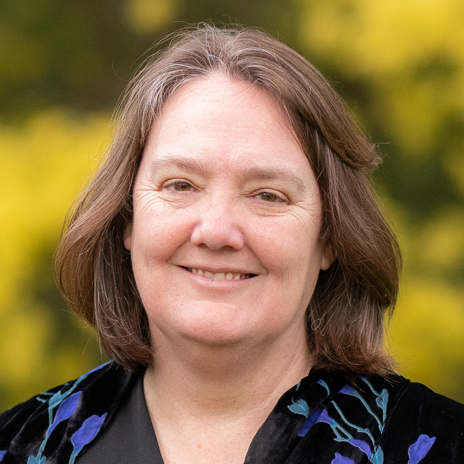Professor
Christine Wells
Rethinking the atlas paradigm: Moving from descriptive to predictive computational biology
The curation and description of biological systems underpins how we classify and organize knowledge about ourselves and our world, allows us to categorise new parts, and is the cornerstone to understanding relationships between molecules and phenotypes. As we develop the tools to isolate individual cells, and even compartments of those cells the scale of the catalogue increases. What are the principles that are common to atlas projects that allow insights to go beyond the catalogue? What are the common pitfalls that need to be relearned through each iteration of the molecular atlas? And what is ahead for the field – will the atlas reach information saturation, and what are the big questions left for computational biologists to consider?

Professor Christine Wells
Director of the University of Melbourne Centre for Stem Cell Systems
Professor Christine Wells is the Director of the University of Melbourne Centre for Stem Cell Systems. She is the Deputy Program Lead for Stem Cells Australia, an Australian Research Council funded $24M special research initiative that brings together leading Australian stem cell scientists. She graduated from the University of QLD in 2004 (PhD), and over the following 15 years has worked with international consortia including FANTOM (RIKEN, Japan); Functional Glycomics (USA); Project Grandiose (Canada) and Leukomics (UK).
Christine is a systems biologist interested in tissue injury and repair. She leads a program of research in biological data integration and visualization, including method development leading to gene discovery and characterization of stem cell subsets and innate immune cells. Christine was the first to discover a role for the C-type lectin Mincle in host responses to infection, and has since characterised a role for Mincle in ischemic injury. She has published over 110 scientific journal articles, in the leading scientific literature, including landmark studies mapping gene architecture and function. She has developed several open source software programs, including the Stemformatics.org stem cell collaboration resource, which has a global audience, and which hosts a large compendium of curated stem cell data. This resource is used to generate definitive molecular signatures of stem cell subsets and their differentiated progeny, benchmark in vitro differentiated stem cell attributes, particularly of pluripotent-derived myeloid cells.
